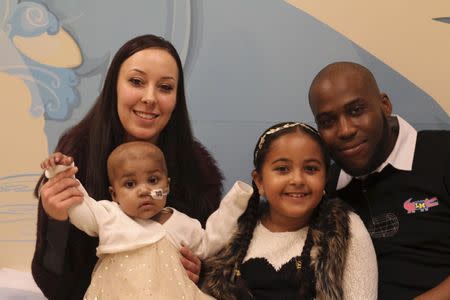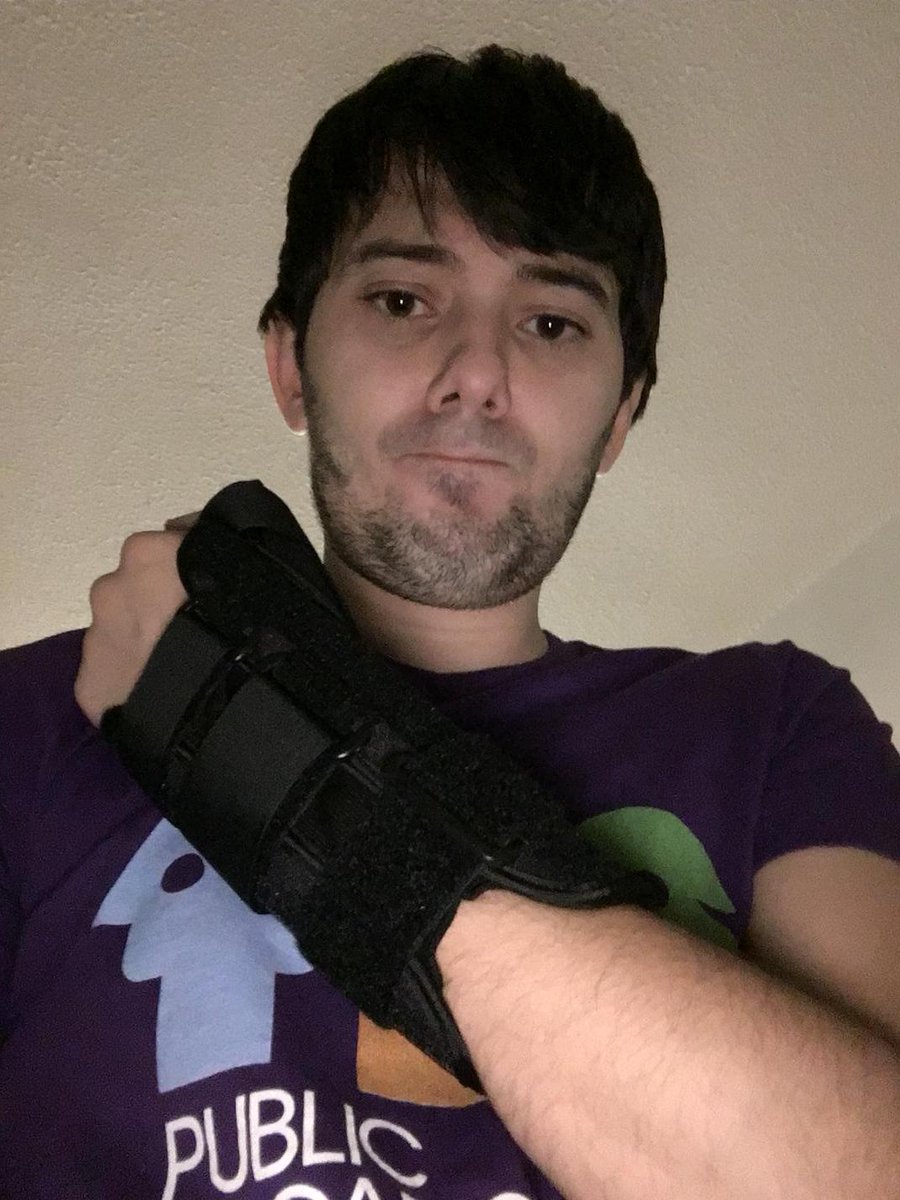Now then, it is unquestionable that after a rather slow start for many businesses (the older the school, the slower the adoption!), the inclusion of several new marketing tools collectively referred to as "social media" in inbound marketing campaigns has become much more the norm, rather than the exception. Companies everywhere now routinely use Facebook, Twitter, Google (or other) blogs etc. as part and parcel of their efforts to "fill the funnel" and bring customers to them, as opposed to going searching for them.
Even YouTube, which historically was more of a music source, is now being utilised quite a bit, and I saw more than a few "Christmas cards" from major companies (including big pharma) thanking their clients and partners via an audio-visual greeting housed on YouTube, this year. The evolution of social media from a means to facilitate communication between individuals, into a tool for self-promotion of individuals, all the way to full-blown heavily budgeted components of marketing endeavours of major global companies, has been steady albeit occasionally fraught with difficulty.
I have gone into such difficulties previously here, or on other blogs I run, but the problems usually arise when the individual makes the mistake of syncing all of their online activities (personal and professional) or when the individual does not fully comprehend the apparently fine (but actually massive) line between an individual's social media versus an organisation's social media presence. If you are going to spout something risqué or controversial, make sure you do it on your Twitter account, not your company's; and even then - if it's readily visible? - watch out!
We all know how Hollywood types who previously used the regular media (as well as social media) to get attention and gain notoriety for themselves, suddenly become all holier-than-thou and shocked when the beast turns on them, and comes back to bite them, when payback and feeding times comes along. Just ask Justin Bieber or Lindsay Lohan, among a slew of others. But that's the game, and social media followers quickly become the judge and jury when one steps out of line. Out of the blue, your formerly faithful followers all scream out in shock when you displease them with a major faux pas, and it transfers from social media onto TV screens with blazing speed these days, and everyone gets to see your dirty laundry before you woke up and realised you had any dirty laundry to, well, launder!
This lesson is probably resonating with Martin Shkreli today, after he went from being essentially a total unknown, certainly in pharmaceutical circles, to being a regular news item on major American news networks. Yes, this is the guy who took the helm at Turing Pharmaceuticals this year and glibly hiked the price of Daraprim several thousand-fold, and did so with both great ease and equal contempt for the howling hordes who now knew his name. Shkreli took total advantage of his fifteen minutes, even including taking to social media to spar with bigwigs the likes of Democratic presidency candidates Hilary Clinton and Bernie Sanders.
The fact that this guy was still under scrutiny from being "let go" at Retrophin in 2014 makes one wonder why he insisted on furthering his high profile social media presence, not least because his questionable use of social media while at Retrophin had been an issue. Ditto their $65M lawsuit against him in late summer this year for alleged "misuse" of company funds. Unless he is as squeaky clean as he claims, it sort of beggars belief why he would draw more attention to himself, not least from two people of whom one is very likely to be the next American president!
Next up, Shkreli took struggling KaloBios on board, and by rescuing them from imminent liquidation, he becamse the CEO of Turing and KaloBios simultaneously. The KaloBios stock took a hike (up 400%) more or less instantly, and probably everyone involved breathed a huge sigh of relief. In duplicate fashion, Shkreli made no bones about his intention to hike the price of KaloBios' Chagas drug, upon eventual approval by the FDA. Around this time he became oft-referred to as "the most hated man in America" on many news programs, but this is something that seemed to drive him harder, rather than cause much pause for thought. In fact, he oft-referred to himself as "the most eligible bachelor in America"; those two titles when put back-to-back just sort of say it all about this sad story.
This off-the-rails rollercoaster ride was bound to end badly, and it apparently did when Shkreli was arrested in New York on securities fraud, wire fraud and conspiracy charges, a week before Christmas. On Thursday morning, the 17th of December, he was the CEO of two biopharma companies, but by Friday morning, he had resigned from Turing and had been unseated by KaloBios. That's a date that will linger in his mind more poignantly than the 25th of December, I imagine. All of the notoriety (and not the good kind of social media notoriety) he had gained and built during the previous six months or so made him the thorn in the side of much more powerful individuals and groups, and he was asked to pay a price for it.
There is a lesson for us all in this story, not the least of which is, as much as we might covet the CEOs chair and compensation package, there are pressures and temptations that come along with the celebrity, and we are not all equipped to handle them appropriately. There is a reason why most CEOs have more grey hair and wrinkles than you (or Shkreli) do - they get there based on seasoning, considerable experience and proven track records of success - and they didn't buy their way into the luxury leather armchair, either.
In Shkreli's case, many had argued that the maturity was just not there, or in fact, that even when allowing for his mere 32 years of age, he was immature beyond even that tender age! In a somewhat incongruous-sounding but definitely hilariously appropriate aside to this story, just prior to his arrest in December, it was revealed that it was Shkreli who had paid as much as $2M for the single-copy collector's edition new album of legendary rap outfit Wu-Tang Clan. This is a whole new area of notoriety, and I guess this would have been a hoot to wheel out onto the coffee table alongside Kurt Cobain's (expired) credit card, when guests came over! The FBI even seemed to buy into the joke, with this hilarious Twitter post:
#Breaking no seizure warrant at the arrest of Martin Shkreli today, which means we didn't seize the Wu-Tang Clan album.
Joking aside, here's hoping that 2016 gets things back on track once more, and more legitimate pharma success stories are those that are making the news. However, it seems inevitable that pricing concerns and the apparent inappropriate hiking of drug prices by certain companies in the business are going to receive increased scrutiny in 2016, and I cannot help but feel that the Shkreli name will continue to get mentions due to that. From what we do know of him, that will be some form of comfort to him - whether he hears it in a correctional facility or elsewhere remains to be seen!
Some kind souls see Shkreli as an actual whistleblower in the over-pricing antics of certain pharma companies and their chief executives, but his various shenanigans look much more like a calculated self-promotion campaign that basically understood precisely the effect his various (social) media outbursts would have - i.e. to make him (in)famous. His claim today that the authorities came after him simply because of political pressure due to his historic, histrionic price hikes is just proof positive of what I alluded to above: when it comes to social media and instant fame, be careful what you wish for!

 FBI New York
FBI New York








 AMNH
AMNH
